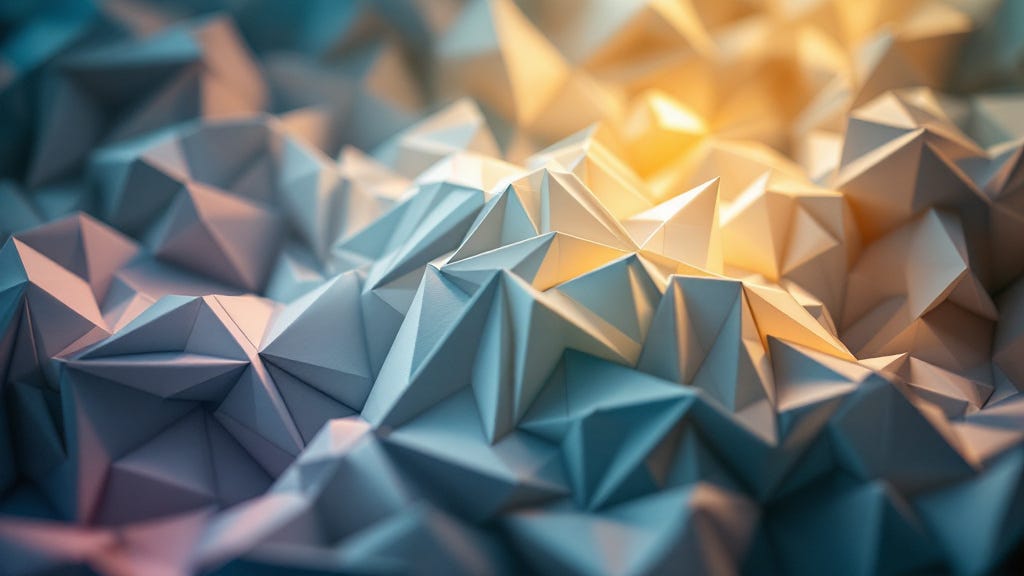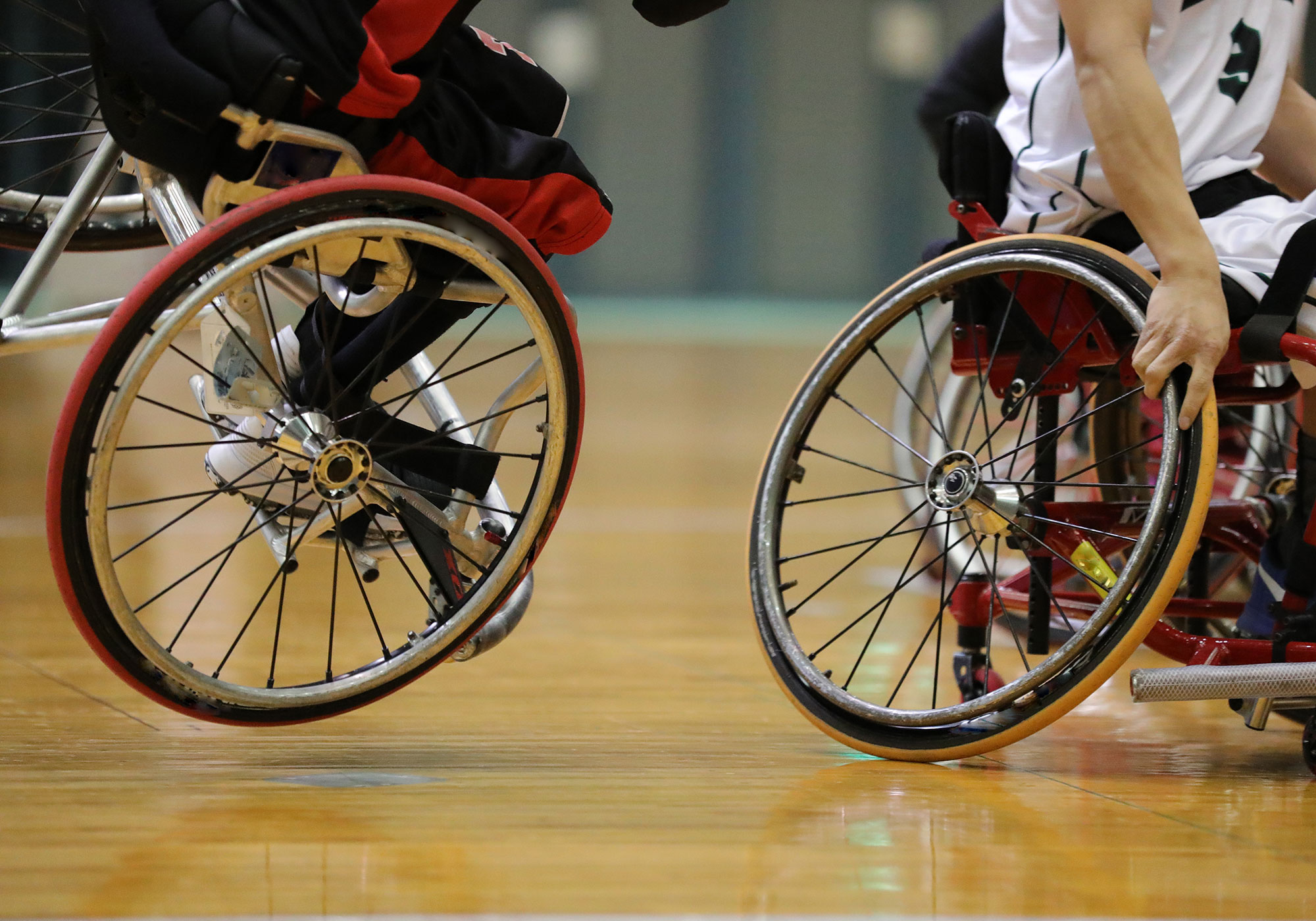![Rekhta - Wikipedia Rekhta (Urdu: ریختہ [ˈreːxtaː] ; Hindi: रेख़्ता [ˈreːxtaː] ) was an early form of the Hindustani language.](https://upload.wikimedia.org/wikipedia/commons/7/7d/Ghalib_poem_in_Nastaliq.jpg)
Rekhta - Wikipedia
Rekhta (Urdu: ریختہ [ˈreːxtaː] ; Hindi: रेख़्ता [ˈreːxtaː] ) was an early form of the Hindustani language. This style evolved in both the Perso-Arabic and Devanagari scripts and is considered an early form of Modern Standard Urdu and Modern Standard Hindi.[ 2] According to the Pakistani linguist and historian Tariq Rehman, Rekhta was a highly Persianized register of Hindustani, exclusively used by poets. It was not only the vocabulary that was Persianized, but also the poetic metaphors, inspired by Indian landscapes and seasons, were abandoned in favor of the Persian ones i.e. bahaar (spring) replacing barsaat (rainy season).[ 3]
The 13th century Indo-Persian Muslim poet Amir Khusrau used the term "Hindavi" (Persian: ھندوی , lit. 'of Hind or India') for the 'Rekhta' dialect (the ancestor of Modern Urdu), the Persianized offshoot of the Apabharamsa vernacular Old Hindi, towards its emergence during the era of Delhi Sultanate,[ 4] [ 5] [ 6] [ 7] and gave shape to it in the Islamic literature, thus called "the father of Urdu literature".[ 8] Other early Muslim poets, includes Baba Farid, who contributed in the development of the language.[ 9] Later from the 18th century, the dialect became the literary language and was further developed by the poets Mir and Ghalib in the late Mughal period, and the term eventually fallen out and came to be known as "Urdu", by the end of the century.[ 6] [ 10]
Rekhtā (from Persian verb ریختن [ɾeːxˈtan] ) means "scattered" but also "mixed".[ 11] The name was given to an early form of courtly literature in Delhi, where poems were made by combining Persian and early Hindustani (referred to as Hindavi or Dehlavi). Sometimes this was done by writing some lines of the poem in Persian, and others in Hindavi. Alternatively, both Persian and Hindavi could feature in a single line.[ 6]











